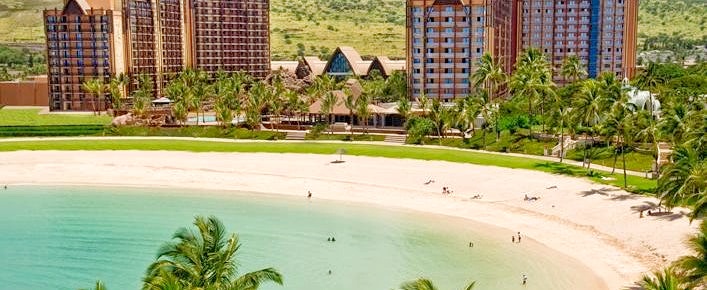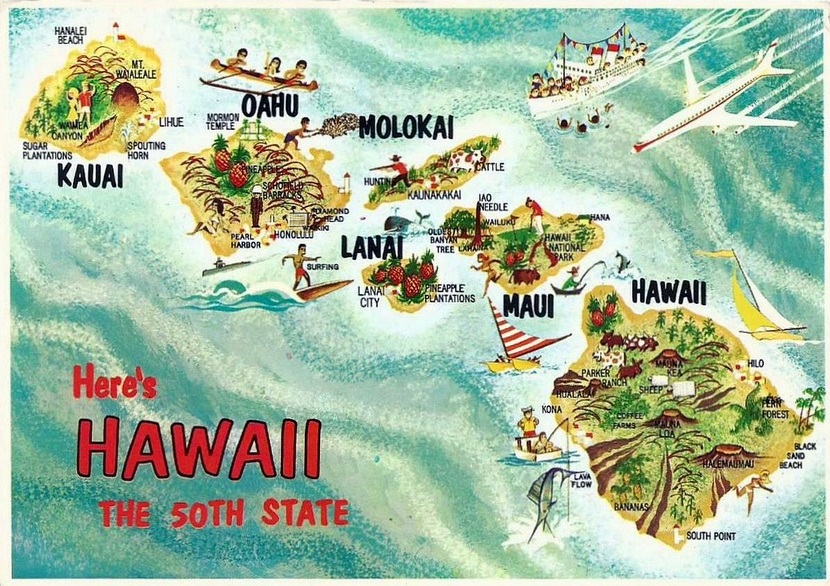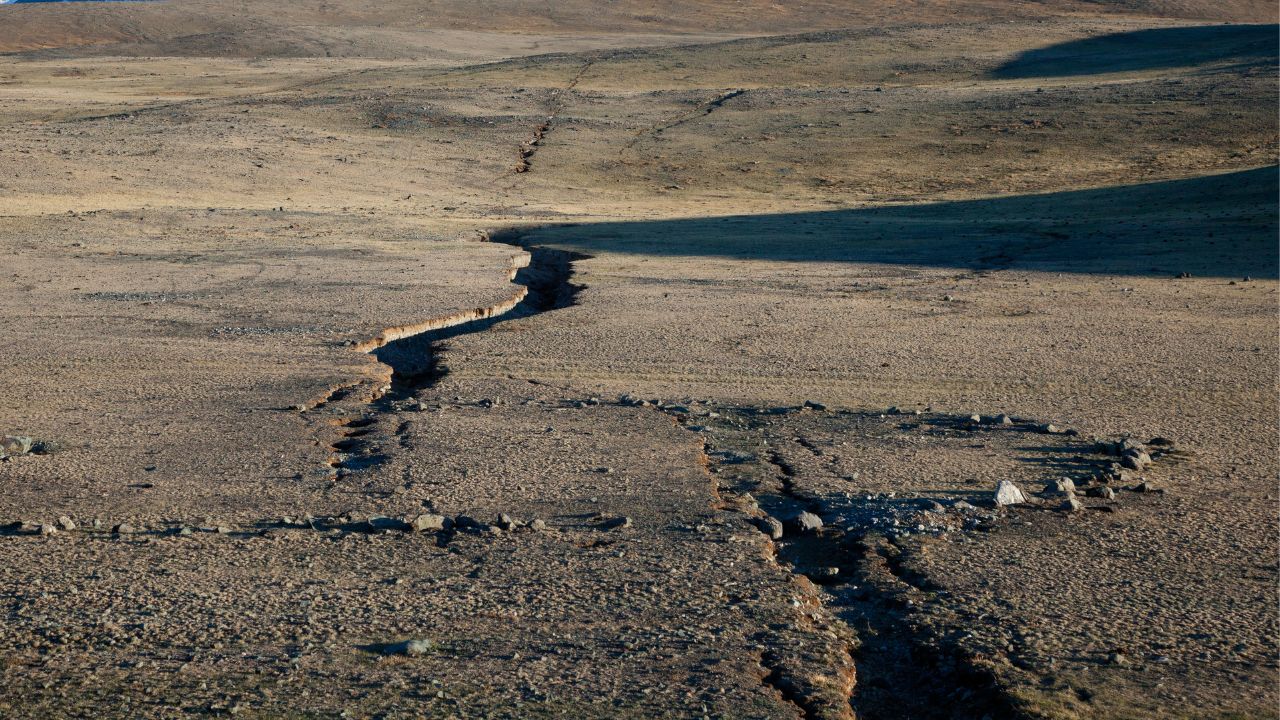Hawaii, a stunning paradise in the middle of the Pacific Ocean, attracts millions of visitors each year. With its breathtaking beaches, lush mountains, and rich culture, it’s no wonder people dream of visiting or living there. However, many soon find themselves asking, “Why is Hawaii so expensive?” The truth is that living or vacationing in Hawaii can come with a hefty price tag. This article will explore the various factors contributing to the high costs of living and visiting this beautiful state.
The Basics of Hawaii’s Economy
Hawaii’s economy is unique, shaped by its geography, natural resources, and tourism industry. It’s important to understand these basic elements to see why prices are so high. The islands are isolated from the mainland United States, meaning many goods need to be imported. This affects everything from food to clothing, making prices rise.
Additionally, tourism is a huge part of Hawaii’s economy. Millions of people come to enjoy the sun and surf, leading to increased demand for accommodations, dining, and entertainment. This demand drives prices up, making it more expensive for both residents and visitors. Many people ask, “Why is Hawaii so popular?” The answer lies in its natural beauty and unique cultural experiences, but this popularity can also contribute to the overall expense of living and traveling in the state.
The Cost of Living
One of the first things many people notice about Hawaii is the high cost of living. According to various reports, Hawaii consistently ranks among the most expensive states in the U.S. But what exactly contributes to these costs?
Housing Prices
Housing is one of the most significant factors affecting the cost of living in Hawaii. With a limited amount of land available, the demand for homes far exceeds the supply. This imbalance causes home prices to skyrocket. Whether you’re looking to buy or rent, you’ll likely find that your budget stretches much less than it would in other states. Many wonder, “Is Hawaii expensive to live?” and the answer is a clear yes, especially when it comes to housing.
Food Prices
Another area where costs add up quickly is food. Because Hawaii is far from the mainland, many food items are shipped in from thousands of miles away. This shipping cost, along with tariffs and taxes, leads to higher prices in grocery stores and restaurants. Local farmers produce some food, but they can’t meet the entire demand, further increasing the cost of dining out. This brings us to the question, “Why is Hawaii food so expensive?” The simple answer is that transportation costs and limited local production make it pricier than many other states.
Utility Costs
Utilities, including electricity and water, also tend to be higher in Hawaii compared to other states. The islands rely heavily on imported oil for energy, which can lead to fluctuations in prices. These costs add another layer of expense for residents.
Transportation Costs
Getting around in Hawaii can also be pricey. Public transportation is available but may not cover all areas, making many people rely on cars. Gas prices in Hawaii are typically higher than the national average, and car insurance can also be expensive due to the unique challenges of island living. This can add a significant amount to your monthly budget.
Tourism and Its Impact
Tourism is a double-edged sword for Hawaii. While it brings in much-needed revenue and jobs, it also drives up costs. Many locals feel that the influx of tourists has made living in Hawaii more expensive. Here’s how tourism affects costs:
Hotel and Accommodation Rates
When you visit Hawaii, you’ll notice that hotel rates can be astronomical, especially during peak seasons. Tourists often pay a premium for a beautiful ocean view or a convenient location near popular attractions. This high demand means hotels can charge higher rates, pushing up the overall cost of staying in Hawaii. Many travelers ask, “How expensive is Hawaii for a week?” The answer can vary, but you can expect a significant portion of your budget to go toward accommodations.
Dining and Entertainment
Restaurants and entertainment venues cater to tourists, and prices reflect that. You may find yourself paying a lot for meals or activities that might cost significantly less elsewhere. Locals often opt for less expensive dining options, but tourists looking for a unique experience can expect to pay more. Questions like, “Is Hawaii expensive to eat out?” come up frequently, and the answer is generally yes, especially at popular spots.
Taxes and Fees
Taxes in Hawaii also contribute to the high cost of living. The state has a general excise tax that is applied to nearly every sale, which can lead to higher prices. Additionally, property taxes can be significant, affecting both homeowners and renters. These taxes can add an extra layer of financial burden for residents.
Unique Island Challenges
Living in Hawaii presents unique challenges that can also drive up costs. For example, shipping goods to the islands can be complicated and expensive due to their remote location. This affects everything from household items to vehicles, making it difficult for residents to find affordable options.
Limited Resources
Hawaii’s limited natural resources add another challenge. Water is a precious commodity, and restrictions can lead to higher prices for residents. The lack of land for farming also means that many items must be imported, further driving up costs.
Seasonal Changes and Events
Hawaii experiences seasonal fluctuations in both tourism and weather. During peak travel seasons, prices can soar as hotels and restaurants capitalize on the influx of tourists. Additionally, weather events like hurricanes or droughts can disrupt supply chains, leading to temporary spikes in prices.
Cultural Factors
Hawaii’s rich culture and history also play a role in its cost of living. Many locals value traditions, which can sometimes mean higher prices for handcrafted items or cultural experiences. While this can be an enriching experience for visitors, it also adds to the overall expense of living or traveling in Hawaii.
The Role of Demand
Understanding demand is crucial to grasping why Hawaii is so expensive. As more people learn about the beauty and charm of the islands, demand continues to grow. This is particularly true among people looking to relocate or invest in vacation properties. As demand rises, prices follow suit, creating a cycle that makes affordability a challenge. Many ask, “Why is Hawaii so expensive Reddit?” and discussions often revolve around these demand-related factors.
Future Trends
As more people discover Hawaii, it’s essential to consider future trends. Will prices continue to rise, or will they stabilize? Many experts believe that the demand for living in Hawaii will keep prices high for the foreseeable future. This means that anyone considering a move to the islands should be prepared for a higher cost of living.
Conclusion
In summary, there are many reasons why Hawaii is so expensive. From high housing costs to the impact of tourism and the unique challenges of island living, these factors combine to create a high cost of living. While Hawaii offers stunning beauty and a rich culture, it’s essential for potential residents and visitors to be aware of the financial implications. Whether you’re dreaming of a vacation or thinking about making the islands your home, understanding these costs can help you plan better.
For more information about living in Hawaii or its history, check out HawaiianPage. You might also find it interesting to learn about Hawaii’s journey to statehood by visiting this link.



